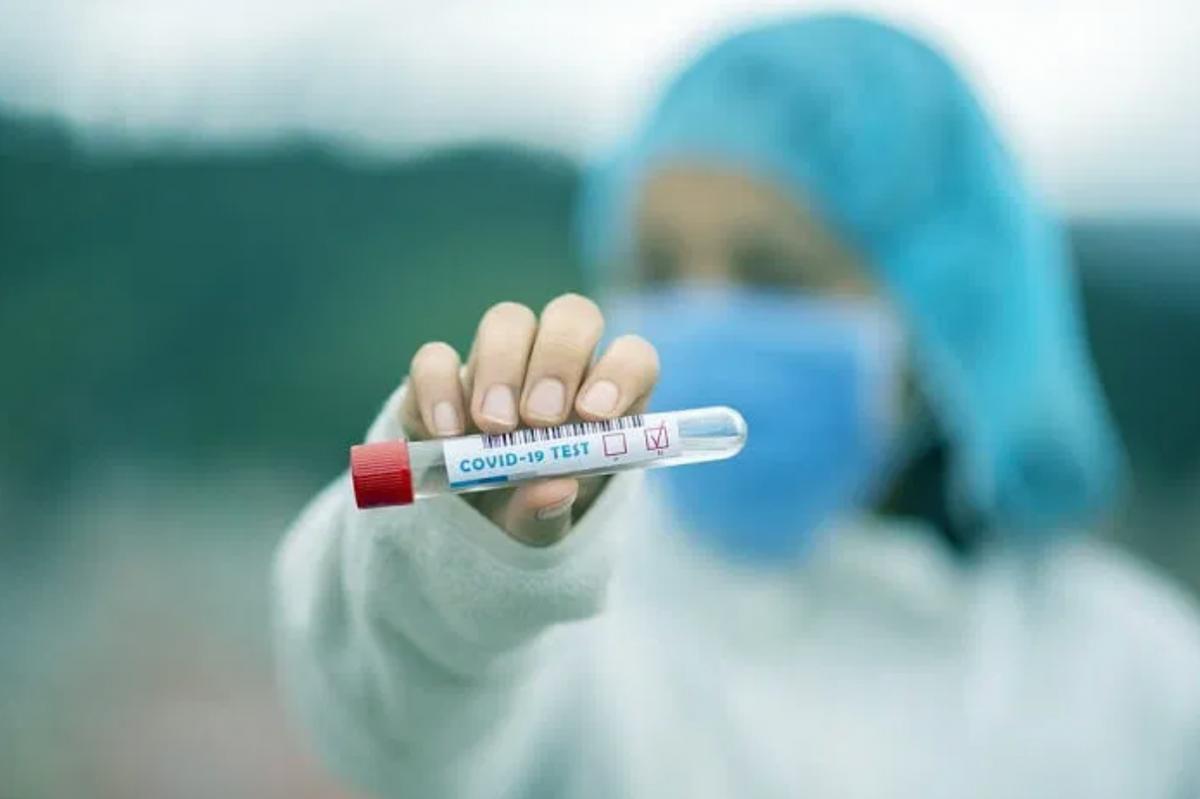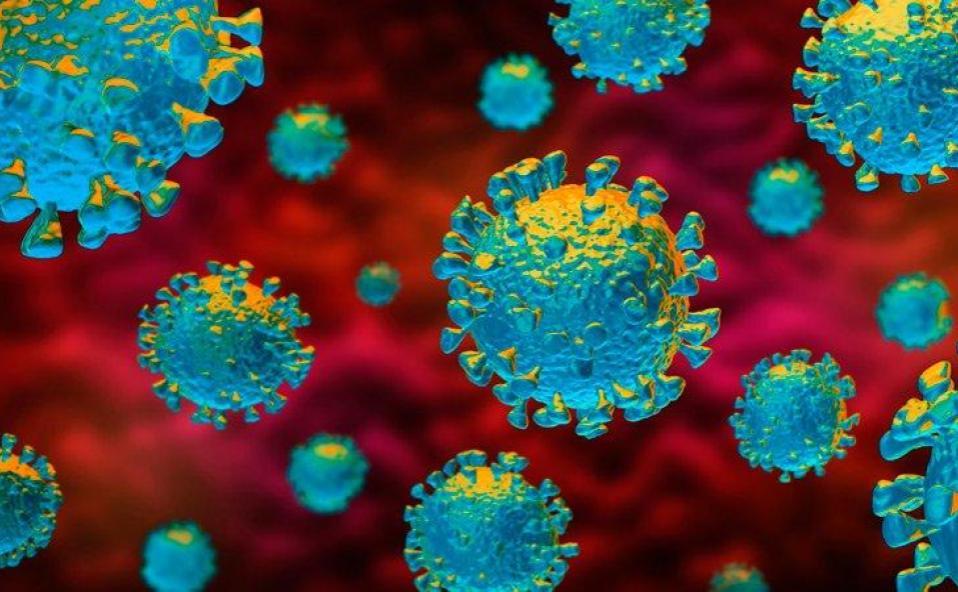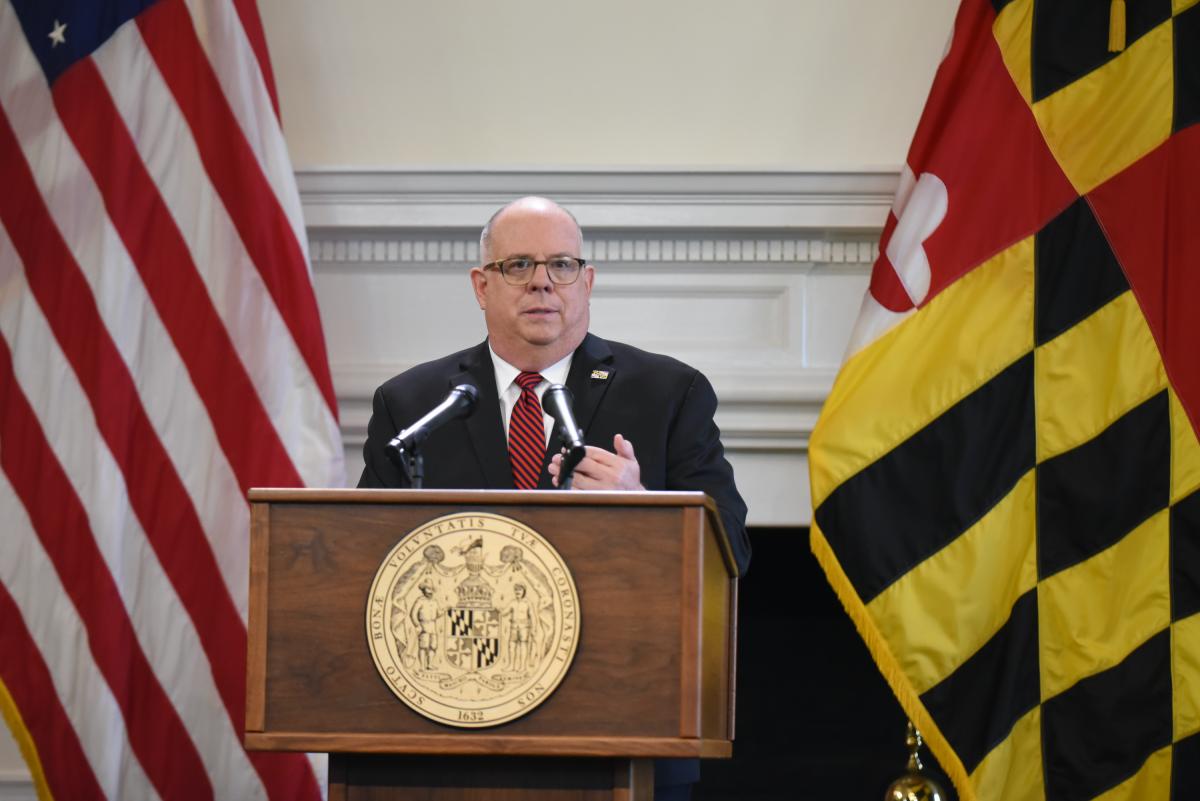Nearly half of all Marylanders have experienced financial hardship since the onset of the COVID-19 pandemic, and people remain concerned that they or a loved one will get sick, according to a just-released survey.
Skepticism about a potential vaccine is high across the state, regardless of ideology.
Republicans are much more skeptical about the benefits of mask-wearing and social distancing than Democrats.
And Gov. Lawrence J. Hogan Jr. (R) continues to get very high marks for his handling of the crisis — particularly from residents of the Washington, D.C. suburbs, where Democrats outnumber Republicans by wide margins.
The wide-ranging poll’s cross-tabs, which look at gender, ideology, race, geography and other characteristics, reveal fairly broad demographic differences.
The Goucher College poll of 1,002 Maryland residents was taken between Sept. 30 and Oct. 4 by the Sarah T. Hughes Field Politics Center at Goucher College. It had a 3.1-point margin of error.
The main takeaways:
A strong majority (58%) of residents said Maryland’s approach to reopening the economy has been “about right.” Nearly a quarter (23%) believed the state moved “too quickly;” 16% said reopenings came “too slowly.”
Half of survey respondents (51%) said they believe the worst of the pandemic “is behind us,” a view that runs counter to the warnings being expressed by public health experts. Forty percent of Marylanders believe the worst “is yet to come.”
Just under half (45%) of residents have experienced “severe” or “moderate” financial hardship since the virus hit the state in March; 55% said they had endured no money woes.
Nearly seven in 10 Marylanders said they have some or a great deal of concern that they or a loved one will become infected, while 31% who have little or no concern.
By an overwhelming margin, residents remain happy with Hogan’s coronavirus leadership. The former head of the National Governors Association moved aggressively to close schools, limit business activity and ramp up the public health response when the virus first hit.
By a better than 5-to-1 margin, Marylanders give the second-term executive, who has started to position himself for a potential White House bid in 2024, a thumbs-up for his decision-making and rhetoric.
The poll’s cross-tabs reveal a lot about the ways race, age, political ideology and geography shape Marylanders’ attitudes toward the epidemic and public health.
Exposure concern, masks and the future of COVID-19
Republicans are much less concerned about COVID-19 infection hitting their family. Overall concern about an infection is high (69-31). Among Democrats it’s even higher (82-18). But only 47% of Republicans say they’re worried about exposure.
Party affiliation also affects residents’ views of public-health precautions.
By an 11-1 margin, residents believe that wearing masks and social distancing “can help stop the spread” of the virus. Support is highest among Democrats (98-2) and women (94-5). It is lower among Republicans (77-19) and men (84-13).
Echoing the concerns raised by scientists and public health leaders, Democrats (52-38), Blacks (54-40) and women (46-45) believe the pandemic will get worse. Conversely, Republicans (74-18), whites (56-33) and men (57-33) believe “the worst is behind us.”
Although a majority of residents of all stripes think the pace of the state’s reopening has been “about right,” women, Democrats and younger adults were more likely to say that the state has moved “too quickly.”
“Women are displaying more caution than their male counterparts,” said political science professor Mileah Kromer, the director of the survey, in an interview. “It seems to be on the basis of caution. It’s slight, but it’s present.”
Financial hardship
The COVID-19 has had a devastating impact on the state’s economy, and while some rehiring has occurred, the impacts on families have been widespread. Jobs have been lost and tens of thousands of people have been forced to dig into their savings and rely on help from friends, family and food banks to meet basic needs.
Younger adults (56-44), Blacks (53-47), people of “other races” (54-46) and people who didn’t go to college (52-48) reported moderate or severe financial hardship due to the economic slowdown.
People aged 35 and up, college graduates and whites — those more likely to be able to work from home or are retired — were more likely to say they had not endured any financial woes due to the coronavirus.
In an analysis for Maryland Matters, Goucher revealed that residents of the Baltimore region were more likely to have experienced financial distress during the COVID-19 pandemic.
Residents of Baltimore City and Baltimore County (56-44) said they have had money woes. People who live in the Washington, D.C., suburbs (43-57) were less likely to have struggled financially. The same was true for the residents of Central Maryland, the Eastern Shore and Western Maryland (41-59).
Hogan
Hogan turned over the reins of state government to Lt. Gov. Boyd Rutherford (R) in March, so that he could focus on the pandemic full time.
Like his overall job-approval numbers, Hogan’s handling of the virus (82-16) would be the envy of any leader.
His support is highest, remarkably, in two counties dominated by Democrats, Prince George’s (91-9) and Montgomery (85-12).
Democrats (86-13) like his COVID game plan even more than Republicans (75-23). And his support among Blacks for the way he has handled the public health crisis (85-14) edges out his white backing (81-17).
Kromer thinks the stark contrast between Hogan and President Trump works in the governor’s favor in the D.C. suburbs.
“I have to wonder if there is something there, given how prominent the federal government is in the D.C. suburbs,” she said. “They are in a hot spot and they’ve been in a hot spot for a while.”
Hogan is part of a group of Northeast governors whose early, aggressive actions have won them applause. Many Southern and Midwestern governors who were outspoken about the need to reopen have seen their poll numbers tank.
Vaccines
President Trump, who has made more than 20,000 false statements since taking office, according to a Washington Post count, has repeatedly promised that a vaccine will be available this year, a statement contradicted by his own to advisers.
The Goucher poll found that Marylanders are skeptical about vaccines.
Asked whether they would take an “FDA-approved” vaccine, 49% said no, while 48% said yes.
Younger adults (56-41) and whites (54-43) were more willing to do so. Adults between 35 and 54 (38-59) and Blacks (38-61) said they would decline.
By Bruce DePuyt




